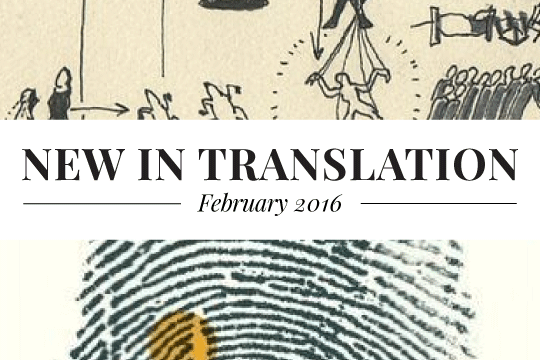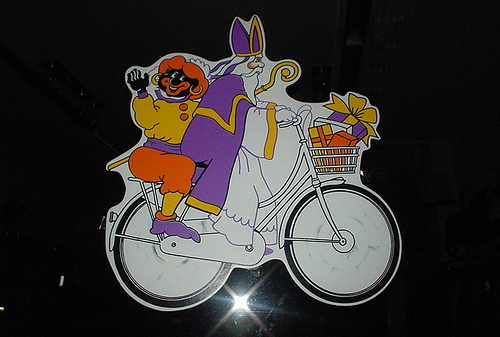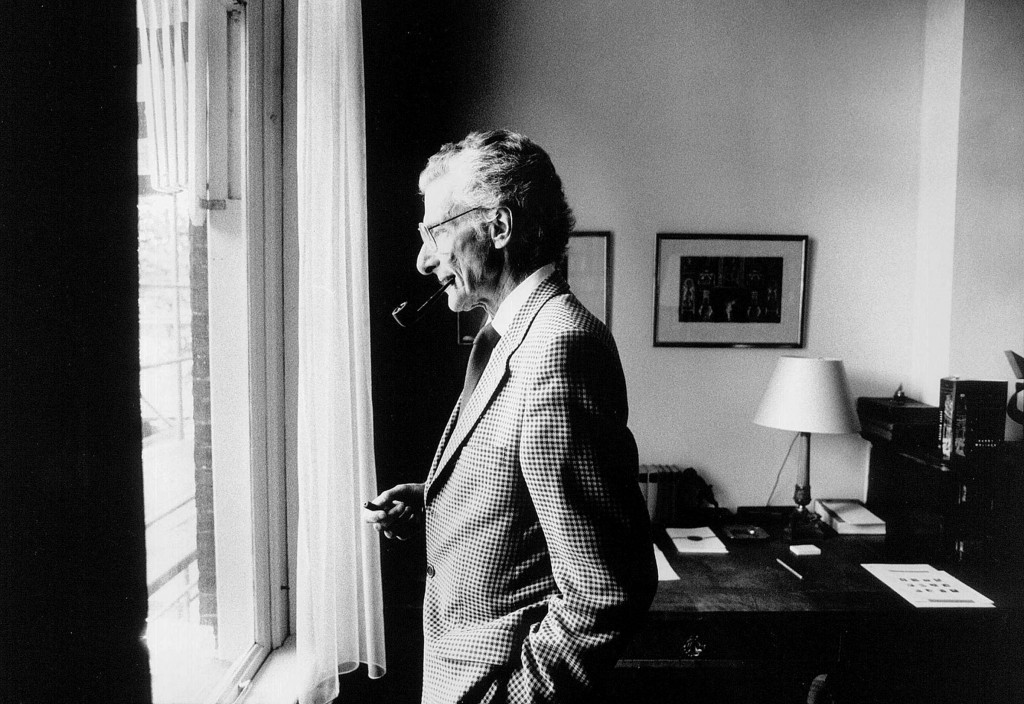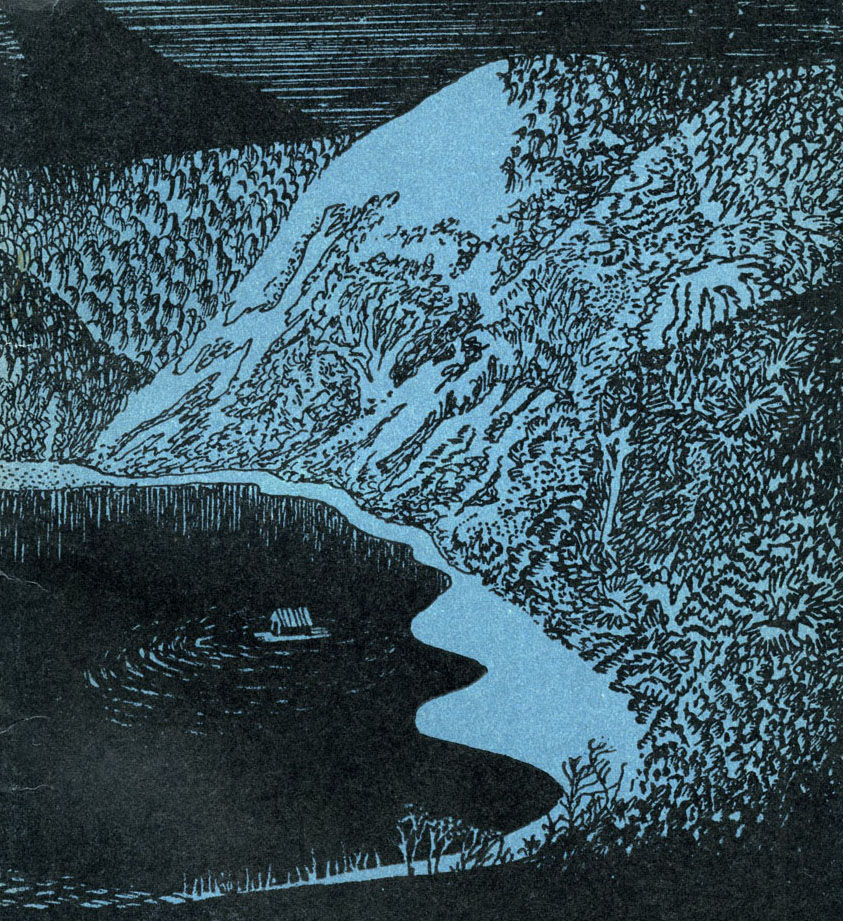Mario Bellatin, The Large Glass (Eyewear Publishing, February 2016, United Kingdom and Phoneme Media, January 2016, United States). Translated by David Shook—review by Alice Inggs, Editor-at-large, South Africa
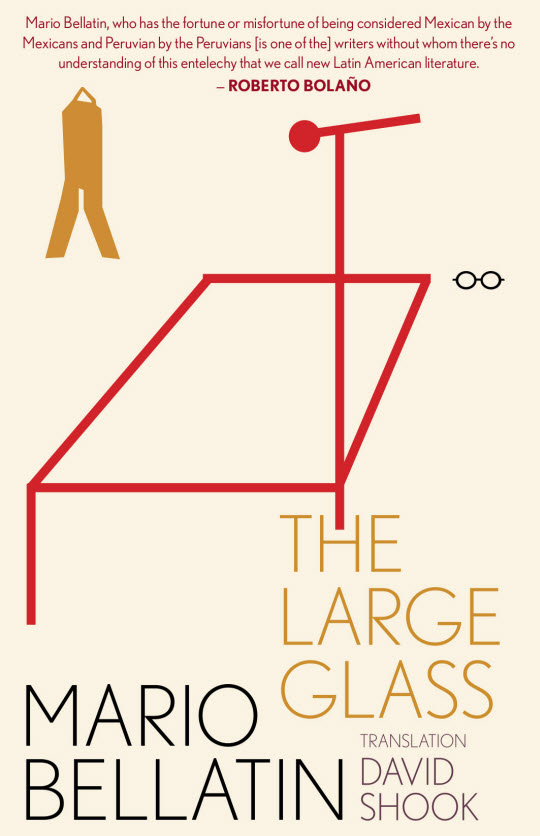
Can a life be expressed in a single narrative, or a single form; can it be confined to a single genre? Mario Bellatin’s experimental autobiography (or is it autobiographies?), The Large Glass, employs three different ways of writing a life, challenging the accepted idea of what constitutes biography, and therefore self-expression.
This is not the first time Bellatin has engaged with the genre. His 2013 novel, Shiki Nagaoka: A Nose for Fiction, is a satirical biography of a fictional Japanese author, which includes excerpts, photographs and a bibliography. As critic Diana Palaversich explains, “With Bellatin you are never on solid ground”.
The Large Glass is non-linear, and at times almost nonsensical, rendering memory as character. Bellatin’s style has been described as hewing closer to that of avant-garde filmmakers—Lynch, Cronenberg —than anything literary. This brand of inscrutability or opacity—inherent in all three sections of The Large Glass—means that to distil meaning from Bellatin’s work it is necessary to rely on aspects of the author’s “objective” biography. This has something of a Lazarus Effect on Barthes’s dead author. But to what end?
The Large Glass magnifies those fundamental philosophical questions: Are we the same person throughout our lives? How do experiences and the manner in which we experience them and remember experiencing them shape our understanding of ourselves? How do these memories fit into the narrative of a life? Does a life have a single narrative? Bellatin seems determined to “reach that point where only language acts, ‘performs,’ and not ‘me.’” READ MORE…

